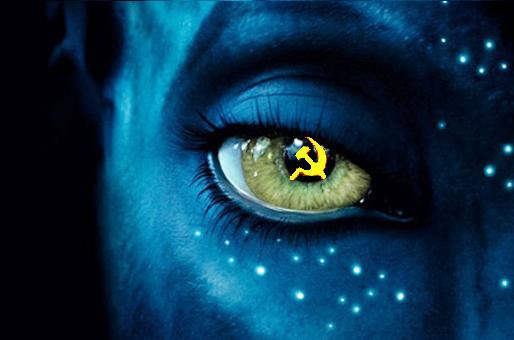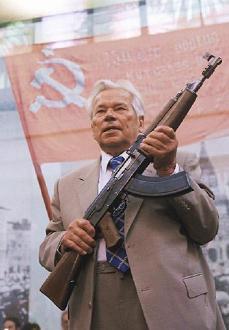
An epic sci-fi tale set in the 22nd century on fictional planet Pandora and its alien Navi civilisation wins the hearts of millions of fans. Then, 40 years later, James Cameron makes Avatar.
That’s right, this week Russian newspapers were rife with allegations that Cameron stole the idea for his blockbuster film from a series of popular Soviet science fiction books by the Strugatsky brothers in the mid 1960s.
According to the Guardian,
It was the Strugatskys who came up with the planet Pandora – the same name chosen by Cameron for the similarly green and lushly forested planet used as the spectacular backdrop to Avatar. The Noon Universe takes place in the 22nd century. So does Avatar, critics have noticed.
…There are clear differences between the two Pandoras, both are home to a similarly named bunch of humanoids – the Na’vi in Cameron’s epic, and the Nave in Strugatskys’ novels, read by generations of Soviet teenagers and space-loving scientists and intellectuals.
So is Boris Strugatsky seeking to take Cameron to the cleaners for a well-earned piece of the second highest grossing movie since Titanic?
After all, that’s exactly what JK Rowling did when she launched huge copyright lawsuits against the Russian Tanya Grotter and Belarussian Porry Gatter books.
Yet unlike the billionaire Rowling jealously chasing down each insignificant Harry Potter upstart, humble pensioner Strugatsky simply “shrugged off suggestions of similarities between Avatar and his Noon Universe, and denied reports circulated last week that he was accusing Cameron of plagiarism”.
Could there be a wider cultural difference at work? 
Russia is a frequent target of American copyright suits, but Russians themselves seem to be much less protective with their own intellectual property.
For example, two of the country’s leading and best selling literary novelists – Viktor Pelevin and Vladimir Sorokin – have made most of their books available free of charge on their websites.
In fact, Pelevin put his entire oeuvre on the internet for free in 2006, (including english translations and audio books) specifically in protest at the notion of copyright in the arts.
Vladimir Putin himself had allegedly plagiarised his entire university thesis.
And let’s not forget the most famous case: General Kalashnikov, whose iconic gun has become the world’s most prolific weapon but who received not a penny in royalties.
So what can explain this attitude?
Perhaps it comes from Russia’s experience with culture in the 20th century. The official Soviet position denied artists ownership over their outputs, just as people had no ownership of land or other commercial properties.
But ironically, the opposition to Soviet officialdom was even less proprietorial.
Predating the way information is handled in the internet, dissidents shared underground-published works and liberally copied and re-typed books written by other dissidents or smuggled in from the west.
Similarly, when rock bands proliferated in the 70s and 80s, they spread and shared their music secretly using reel-to-reel recorders in what became called ‘magnitizdat’. Either way, culture-whether official or underground-had never carried a commercial character.
Somewhere, James Cameron must be thanking God for the USSR.